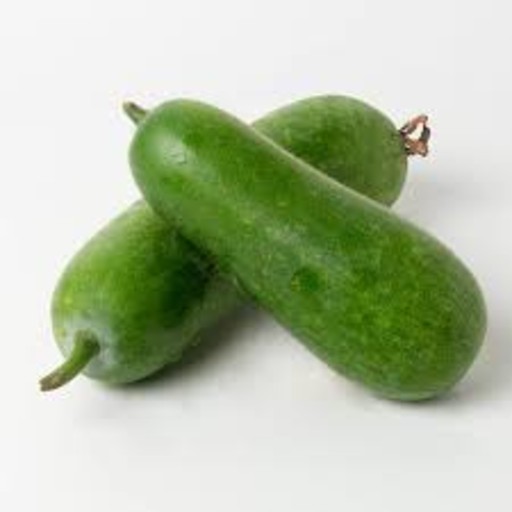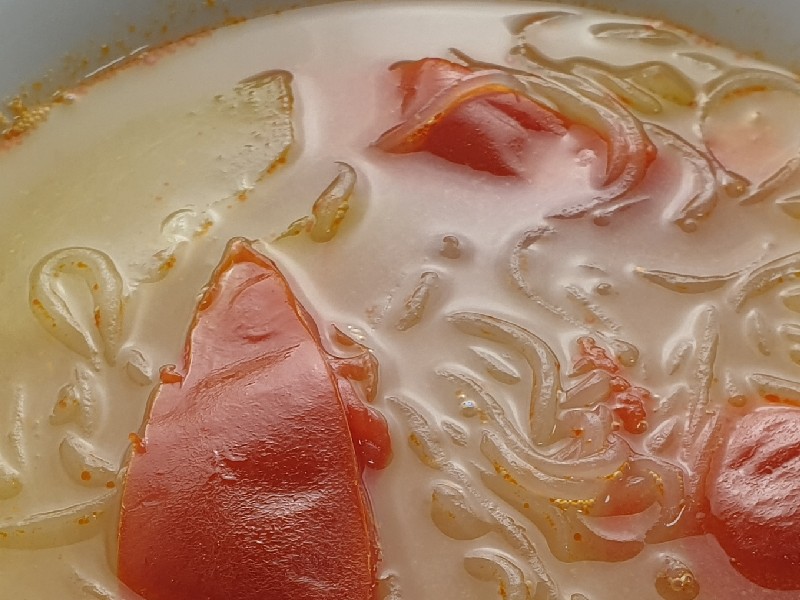
Hairy Melon
Benefits and Recipes
Hairy Melon
Hairy Melon, is also known as Fuzzy melon, hairy gourd.
Nutritional Benefits of Hairy Melon:
According to article by Sylvia on 3rd August 2017 and is published on “Health Benefit Times”, Hairy Melon,
To listen to this article, click below button:1. Hairy melon improves physical performance. Vitamin C presents in hairy melon form a very effective defensive line for improving physical performance. The antioxidant and anti-inflammatory properties of hairy melon have been linked to physical performance and muscle strength particularly in older people. It may be hard to believe, but a single serving of hairy melon can contain 76.67% of your daily requirement for vitamin C. The high levels of essential vitamins found within hairy melon make it a very important part for improving physical performance. It has been discovered that vitamin C doses of 1,000 to 2,000 mg per day might decrease the production of histamines that contributes to inflammation in asthmatic people, and can consequently help to improve asthma symptoms.  Other anti-inflammatory natural foods.
Other anti-inflammatory natural foods.
2. Hairy melon treats alcoholism. Vitamin B1 rich foods like hairy melon are used to treat the people suffering with Alcoholism. Vitamin B1 can also help alcoholics kick their dependency. Other natural foods that could be a help to alcoholism.
Other natural foods that could be a help to alcoholism.
3. Hairy melon treats congestive heart failure. Hairy melon intake helps to fight off various other types of disease as well. Different scientific research recommends using Vitamin B1 if case you are suffering from congestive heart failure. Other helping heart natural foods.
Other helping heart natural foods.
4. Hairy melon helps with seasickness. It is anti-oxidative. Vitamin B1 present in hairy melon helps to fight off things like seasickness, and work like an antioxidant within the body.
5. Hairy melon fights infection and diseases. Lastly consuming hairy melon helps to produce red blood cells in your body to fight infection and disease. A single serving of hairy melon contains 5.83% of your daily requirement for vitamin B1.
6. Hairy melon keeps your immune system healthy. Hairy melon, with its sources of several nutrients including magnesium, vitamin C and other antioxidant compounds, help to neutralize free radicals all through the body. Free radicals have been associated with a wide band of illnesses, including heart disease, cancer and premature aging.  Other supporting immunity plants.
Other supporting immunity plants. Other helping heart natural foods.
Other helping heart natural foods. Other natural foods that may go against cancer.
Other natural foods that may go against cancer.
7. Hairy melon controls blood pressure and keeps cardiovascular system healthy. Hairy melon consists of minimal amount of Potassium, yet consuming hairy gourd regularly can help to fulfill the potassium requirement of the body. Research suggests increasing potassium intake and decreasing sodium is one of the most important dietary changes that help people to reduce the chance of cardiovascular disease. Another research recommends consuming 4,069 mg of potassium each day to have 49% lower chance of death by ischemic heart disease when compared with those people who consumed much less potassium. Other natural foods that help to control blood pressure.
Other natural foods that help to control blood pressure. Other helping heart natural foods.
Other helping heart natural foods.
8. Hairy melon steadies your blood sugar level. Having food containing moderate amount of soluble fibre such as Hairy melon, can steady your blood-sugar level. Other natural foods that help to control blood sugar.
Other natural foods that help to control blood sugar. Other natural foods that may be good for diabetes.
Other natural foods that may be good for diabetes.
9. Hairy melon minimizes the chances of cancer. Different researches have concluded that increased consumption of vitamin C rich hairy melon is associated with a reduced chance of cancers of the mouth, vocal cords, lungs, esophagus, throat, colon, stomach and rectum.  Other natural foods that may go against cancer.
Other natural foods that may go against cancer. Other defending lung cancer natural foods.
Other defending lung cancer natural foods. Other defending colon cancer natural foods.
Other defending colon cancer natural foods. Other defending stomach cancer natural foods.
Other defending stomach cancer natural foods.
 Editor’s view (Click to read more)
Editor’s view (Click to read more) Consumption of new food (Click to read more)
Consumption of new food (Click to read more)
 Do you know? Heterocyclic amine is a chemical that is formed when meat, poultry, or fish is cooked at high temperatures, such as frying, boiling, and barbecuing. “Heterocyclic amines” are carcinogens (substances that may cause cancer). It is also called HCA. Source: National Cancer Institute (of United States)
Do you know? Heterocyclic amine is a chemical that is formed when meat, poultry, or fish is cooked at high temperatures, such as frying, boiling, and barbecuing. “Heterocyclic amines” are carcinogens (substances that may cause cancer). It is also called HCA. Source: National Cancer Institute (of United States)

